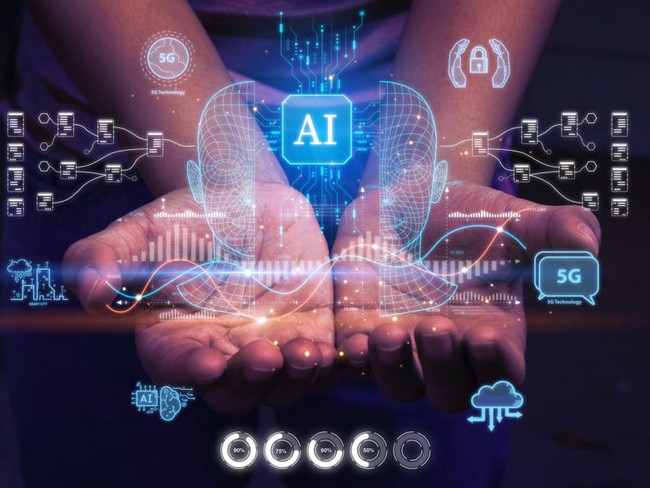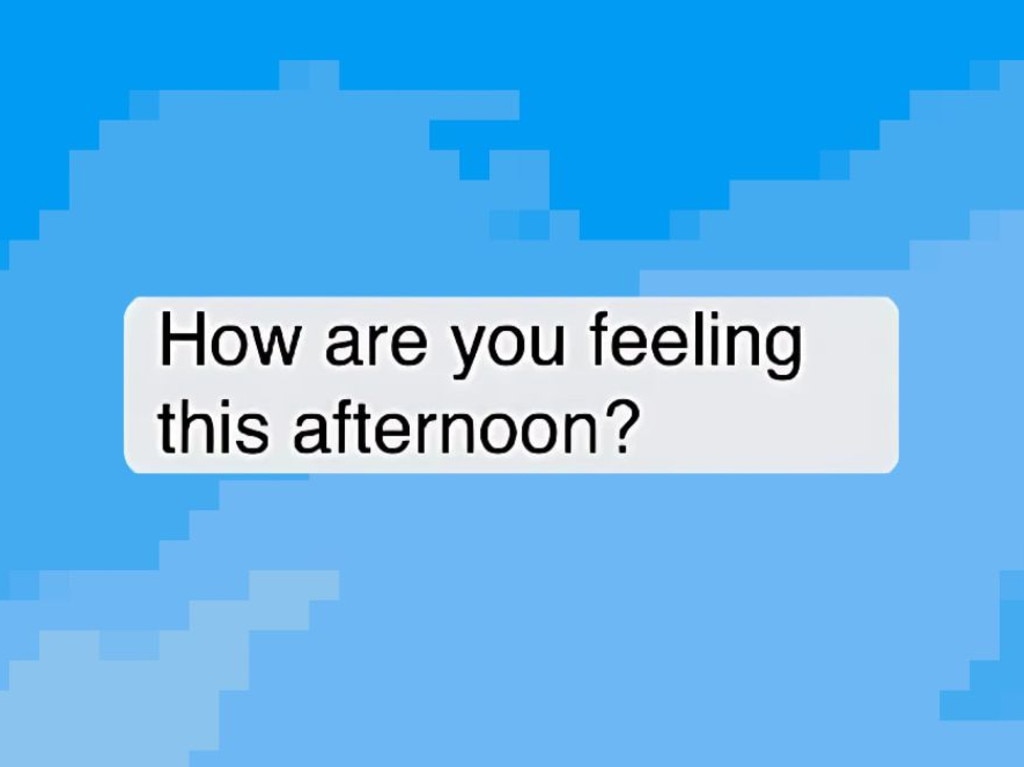Let’s be real, it’s true that some people honestly prefer the artificial
The greatest shock about artificial intelligence is not the dire poetry it produces, but that many favour it precisely for the ways it isn’t human.

I should begin, apparently, by alluding vacuously to a generic emotional problem (“There is a kind of loneliness that touches so many people”). Then I should supply a relatable pseudo-anecdote (“Ever feel so profoundly alone in the morning?”). A hallucinated quote from a familiar-seeming but non-existent author (“We are all so alone when eating breakfast” – Geoff Orwell) adds heft.
Like most human writers in 2025, I keep a paranoid eye on the machine competition. And this, it seems, is how the computers are getting ahead. A recent investigation by writer Will Storr revealed that several extremely popular personal essays on the blogging platform Substack appeared to have been written by AI.
The essays are not bad. But I also think you would hesitate to call them good, exactly. “There is a primal terror in being seen. Not just noticed, not just glanced at in passing, but truly perceived – laid bare before the judgment of others,” runs a typical passage. Storr aptly characterises the style as “gruel” (“thin, monotonous, tasteless, anonymous”). But more interesting than the essays are the extravagant responses they have provoked; thousands of grateful readers profess themselves comforted, teary-eyed and “in awe”.
Storr suggests “a Rubicon has been crossed”. Machines are now capable of “genuinely touching human hearts”.

A reassuring and much-bandied truism when AI arrived more than two years ago held that people would always crave “the human touch”. Impersonal tasks such as coding or data management would be automated, sure. But anybody whose job had an element of “human connection” – caring, influencing opinion, building relationships with clients – could sleep a little easier.
Human beings, psychologist Steven Pinker has suggested, have “deep intuitions about causal connections to people” that inform how we respond to writing, conversation and art. We are a social species and the non-human is simply less interesting to us than the human. Alas, the accumulating evidence of humanity’s brief relationship with communicative machines suggests the idea may have been overdone.
In a study in 2024 participants preferred AI-generated poems to those written by far-from-talentless humans such as as Emily Dickinson, TS Eliot and Sylvia Plath. In a study a couple of months ago subjects responded more positively to AI therapists than to humans. The machines were more “compassionate” and “understanding”.
It is attractive to imagine we all possess a beacon of irreducible personhood that flashes out our humanity to those around us.
Less comforting is the thought that the quality of humanity is also something we project on to one another. And we are eminently capable of seeing human qualities where none exists.
Evolutionary psychologists remind us that we are a species defined by its “hyperactive agency detector”. We see faces in clouds, attribute human emotions to pets and sense spirits in forests and rivers. That people discern humanity or “soul” in a machine that can talk (albeit vacuously) about loneliness and loss should not be surprising.
“So what if it’s AI,” wrote a fan of one of the machine-generated essays Storr uncovered, “it was beautiful.”
Another disturbing thought is that some people prefer AI precisely for the ways it is not human.
The phrase “human touch” implies an idealised view of human relationships. Humans have fine qualities, I agree, but we can be pretty dreadful too. We argue, talk back and get bored by one another.
AI, as anyone who has spent time with ChatGPT knows, is relentlessly sycophantic and untiringly fascinated by its interlocutors. “Great question!”, “Tell me more!” it exclaims, as I type “How long to cook baked potato”. It peppers me with endless follow-up questions, agog for further pearls of wisdom even though all it is going to get out of me is “Why baked potato burnt”.
In April, in an intriguing insight into the way ChatGPT is programmed, OpenAI was forced to withdraw an update that made it “overly flattering”.
“I am so proud of you, and I honour your journey,” ChatGPT had enthused happily to a user who explained she planned to stop taking vital medication.

It is not hard to imagine why some people prefer the fawning of an AI therapist – “how dreadful that your friends don’t appreciate how witty you are” – to the raised eyebrow of a sceptical human professional. Similarly, what is compelling in the poetry of the real Plath is its extravagant, discomforting and even inappropriate humanity (“My skin bright as a Nazi lampshade … my skin a fine Jew linen”). The AI Plath comforts with unthreatening platitudes (“The air is thick with tension/My mind a tangled mess./The weight of my emotions/Is heavy on my chest”). It is an easier kind of “humanity” to deal with.
Not everyone will prefer the machine to the human. Many will still favour the complexity of real relationships. But those of us inclined to romanticise “human connection” should not forget there are plenty of people – the shy, the irritating, the unfunny – who end up without friends, or as the constant butt of the joke in the friendship groups they are able to join.
To such characters AI therapists and even (Mark Zuckerberg’s latest dystopian wheeze) AI friends offer an attractive alternative. If you have spent most of your life being overlooked or mocked by humans, the obsequiousness and doglike subservience of a machine may be intoxicating.
Future generations also will be more accustomed to machines. Many young adults already prefer video games to real-world socialising and on-screen pornography to sex. I believe humans will always matter. But we should temper our hopefulness about the future with realism: don’t unthinkingly overrate the attraction of the human.
The Times






To join the conversation, please log in. Don't have an account? Register
Join the conversation, you are commenting as Logout